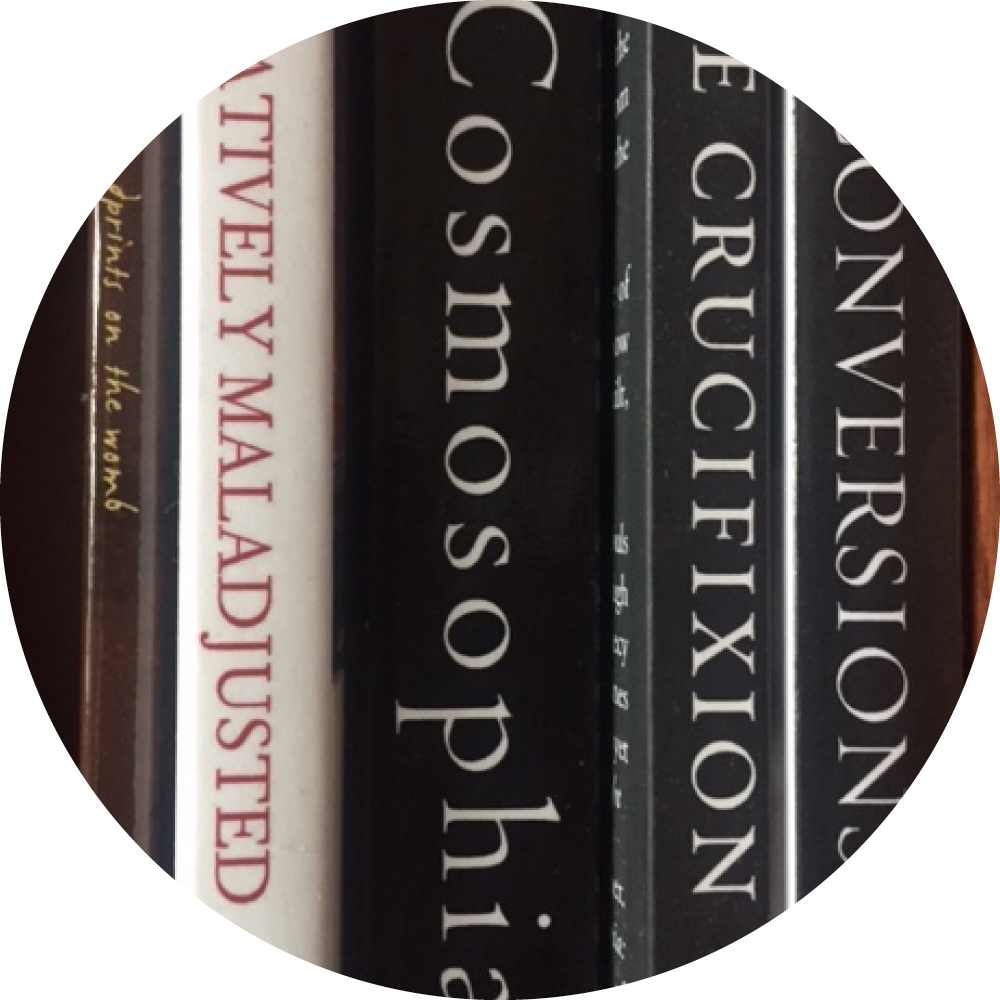What Is Education?
By Theodore Richards
What are the qualities that make an educated human being?
This is a question I’ve pondered a great deal. For it has always seemed to me to be a fundamental question for anyone interested in re-imagining education. After all, for any school or educational program to be useful, one ought to at least know what one means by “educated.”
Strangely, this never seems to have occurred to most education policy makers. Leaving alone, for a moment, the argument against testing and assuming that a test is a good way to assess a student or school, how does one even know that the things we are testing for are the qualities that make a person “educated”? This is a qualitative question, a question of values. And whether or not we are conscious of asking it, we answer it through the schools we create.
I often ask people what being educated means to them, and to share their deepest experiences of learning. Tellingly, those answers usually have very little to do with schools. Also significant is that the answers usually wouldn’t change if I removed the word “educated” from the question:
What are the qualities that make an educated human being?
“Inquisitive”
“Curious”
“Aware”
“Embodied”
“Critical”
“Compassionate
“Communal
“Creative”
What are the qualities that make us human? The same answers apply. For these are the very qualities that we developed as we emerged in Africa: The ape who figured out how to live in community, to create worlds and solve problems through imaginative, symbolic language.
Why is the education question fundamental? Education is not merely about passing on information; rather, it is about the creation of worlds, and how we might understand and interpret our world. To create a learning context—a classroom or a school, for example—is to create a small world. And it is to provide the student with the metaphors through which she will interpret the broader world going forward.
The current models we have are not so much problematic in their capacity to transmit information. Their primary and most insidious failure is in the metaphors they produce for our world.
The metaphors that guide us today are those that separate us from one another and from the natural world
They are leading us down a path of destruction, of biological destruction and of shocking inequality. And of a loss of meaning and creativity that leaves us feeling alone and lacking the drive or imagination to face an uncertain future.
- We think of schools as little businesses, run by a CEO and based on the competition of the capitalist economy. This teaches our children that success has to do with our capacity to make money and to think in terms of competition rather than collaboration.
- We think of schools as prisons, places to punish our children – particularly Black and Brown children – into submission to the order of the day. This teaches our children not to think critically, and that they are a problem rather than a solution.
- And we think of schools as factories, our students cogs in the machine. This teaches our children that our world is a machine, that it is a collection of objects and resources rather than something sacred.
The answers to the crisis of education won’t be found through any single individual. Such a process requires collective action: imaginative new ideas; the courage to challenge the status quo; deep listening to the youth who are paradoxically at the margins of the education debate but at the center of the education question.
And because the answer cannot come from a single source: We will hear from a theologian drawing from the work of a medieval mystic; from deep ecology and integral theory; from a college student and an Egyptian educator; from a Pan-African perspective; from someone exploring the learning we can gain from our ancestors. We will hear from poets and artists, educators and students, musicians and philosophers. We hope you find a few answers, but even more questions. As always, contact us to join in the conversation.
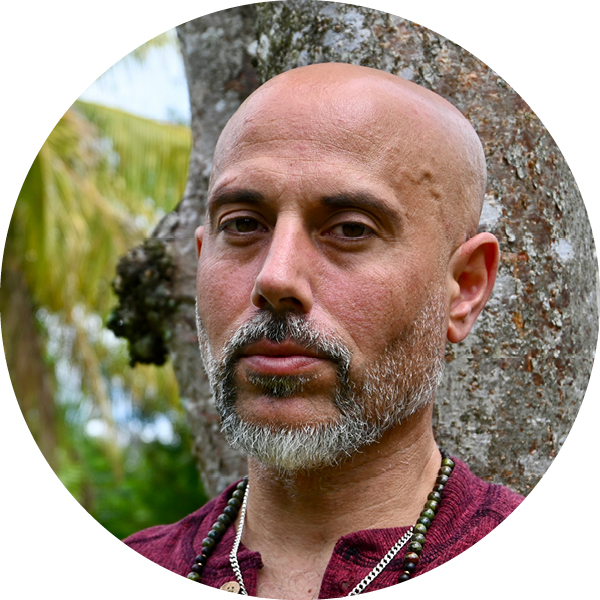
Re-sources
Re-Imagining Education
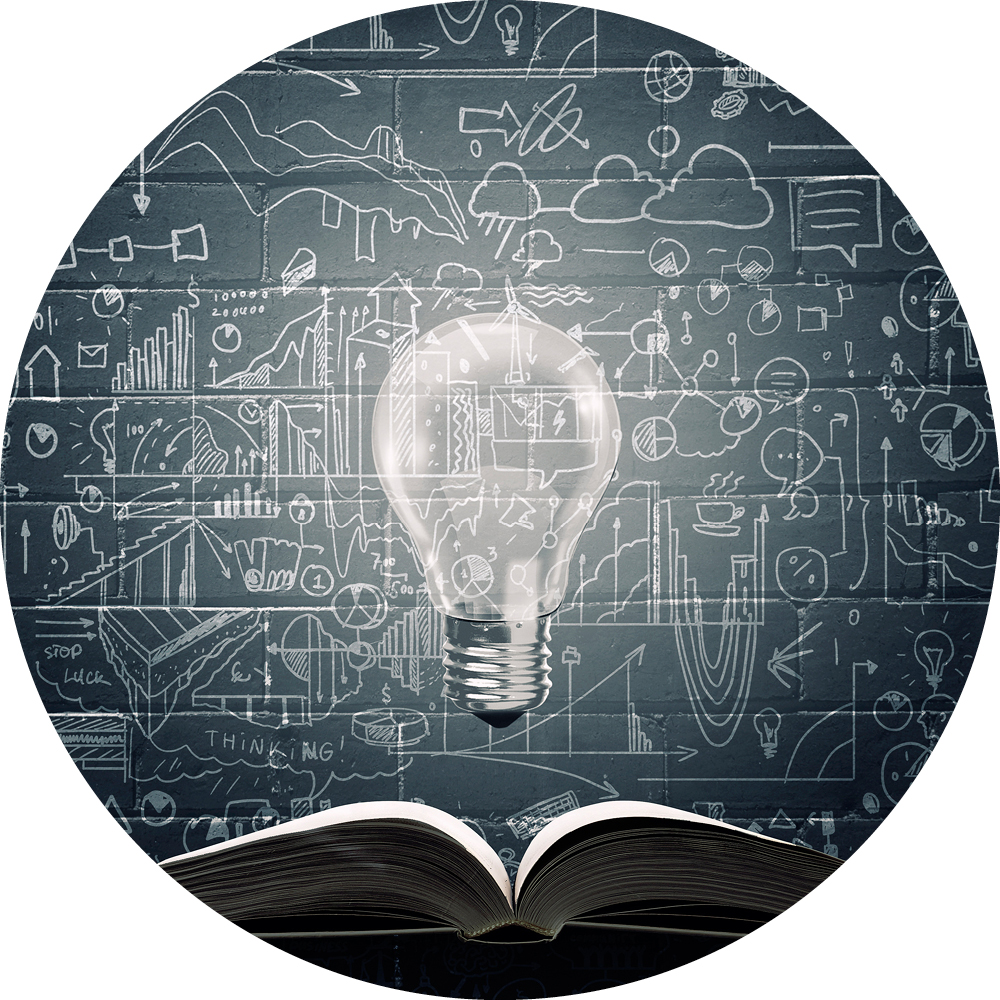
Empowering educators to take a deeper look at the stories told in our schools and to re-imagine them in transformative and
nurturing learning spaces.
Learning Opportunities
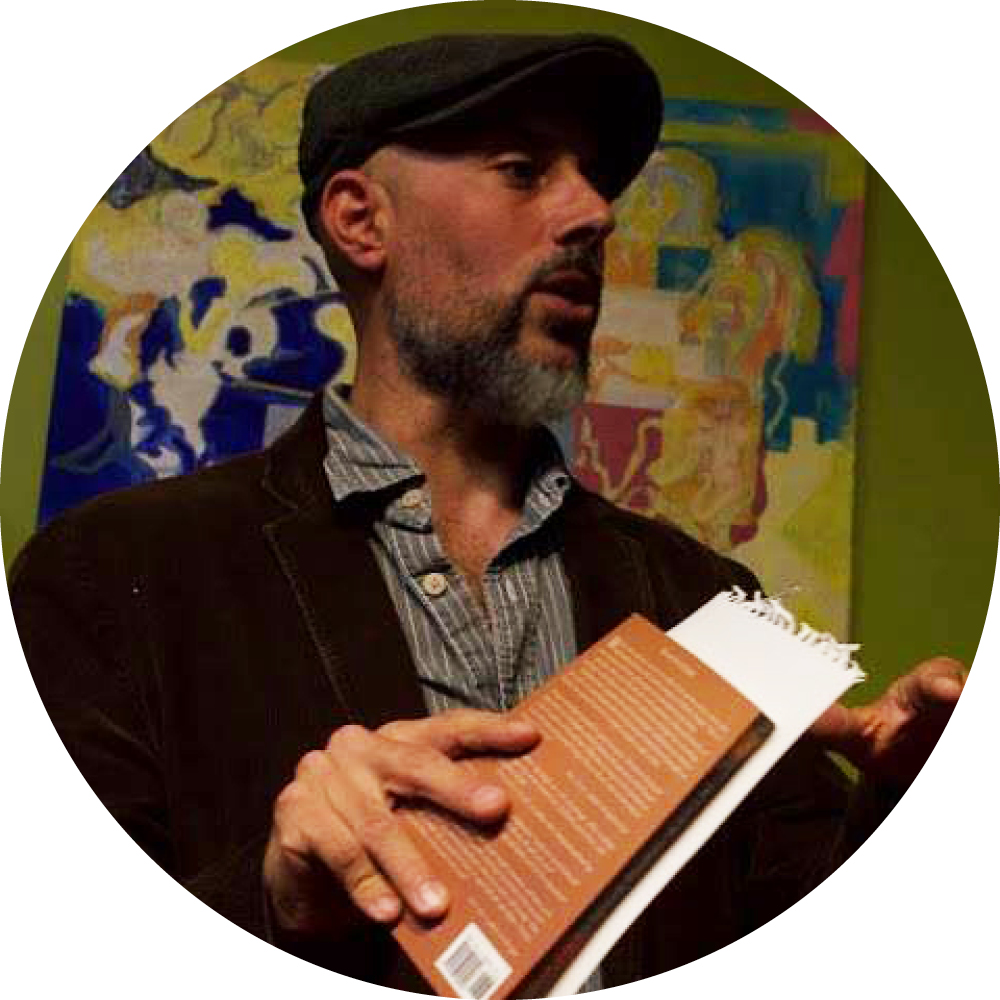
Classes, workshops, and lectures that help to empower people to re-imagine who they are and their place in the world.
Get Involved
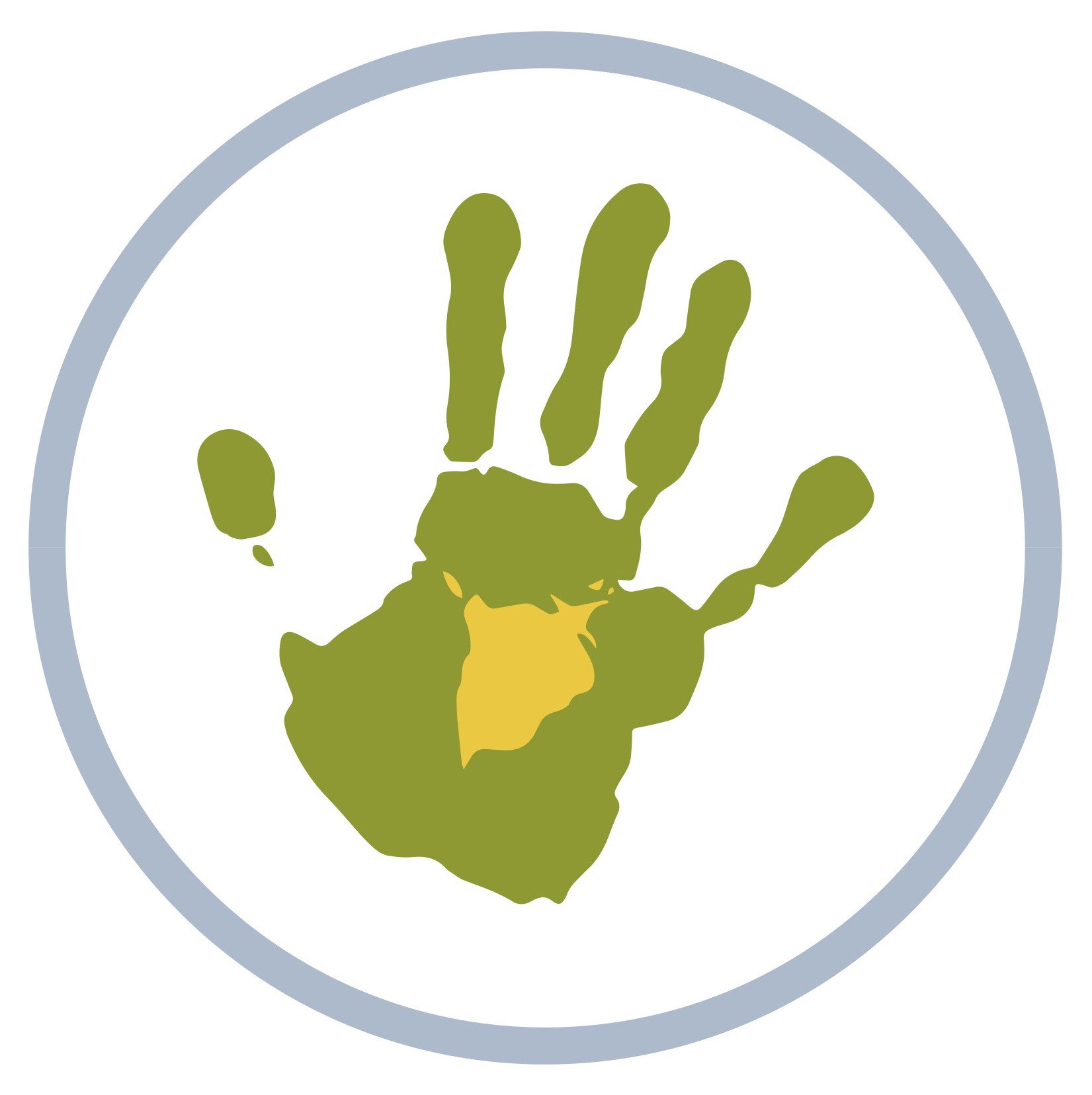
Help the Chicago Wisdom Project realize its mission to re-imagine education through holistic programming that transforms individual, community and world through creative expression.
